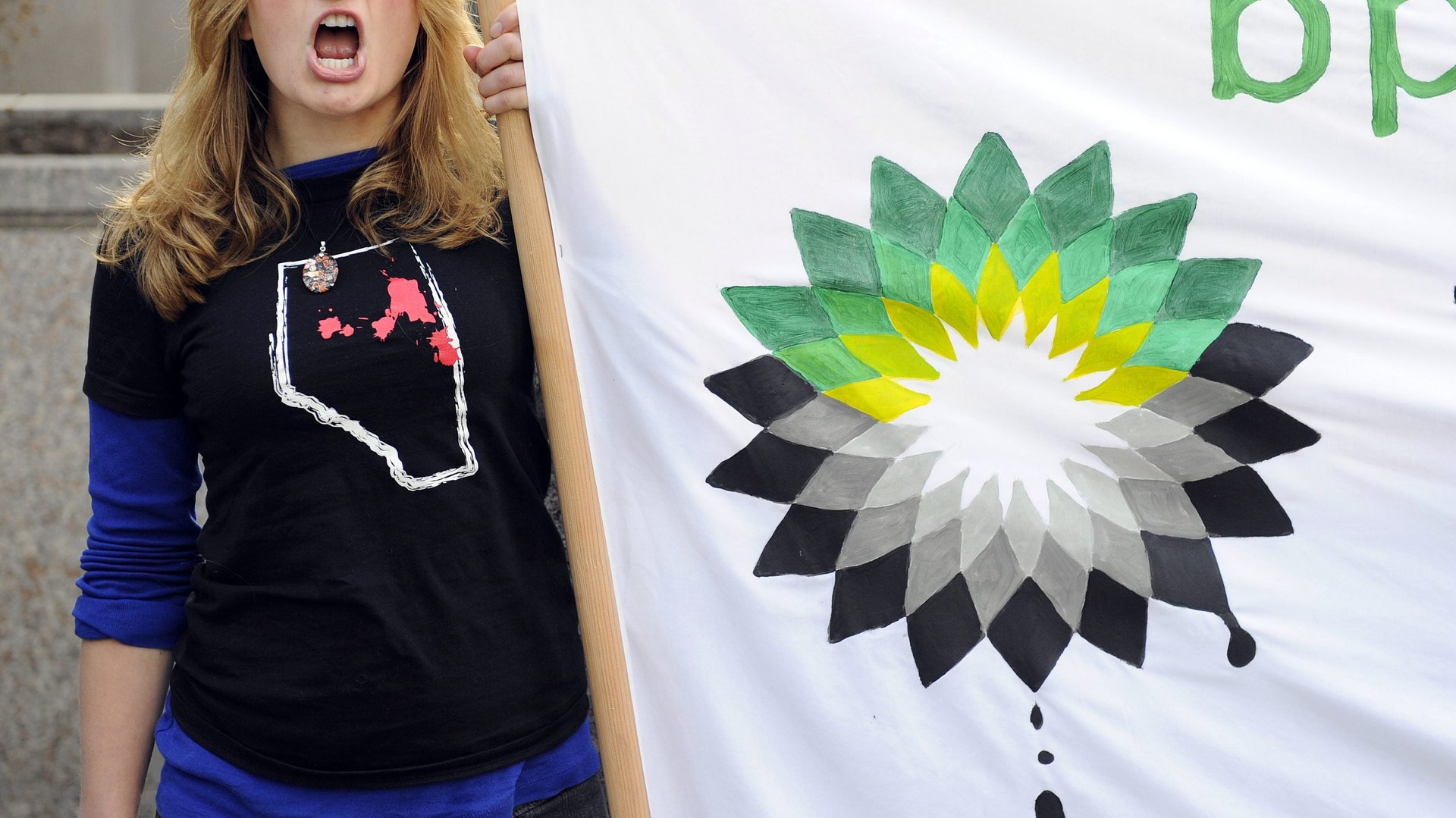The creative sector is slowly owning up to its role in the climate crisis
Behind nearly every big culprit of the climate crisis, there’s an army of advertising agencies, public relations services, law firms, and consultants doing their bidding. But they’ve largely stayed in the background, seemingly removed from the climate change conversation.


Behind nearly every big culprit of the climate crisis, there’s an army of advertising agencies, public relations services, law firms, and consultants doing their bidding. But they’ve largely stayed in the background, seemingly removed from the climate change conversation.
It’s unclear how much longer they can hide, including from their own workers. The New York Times reports that more than 1,100 employees of McKinsey have signed a petition imploring the consulting firm to disclose exactly how much carbon its clients emit.
Will other consultancies and creative firms face similar pressure? Solitaire Townsend, co-founder of the communications agency Futerra, certainly hopes so. She has been on a crusade to convince the “X industry,” as she calls it, to own up to its part of the problem.
Speaking at the recent TED Countdown conference in Edinburgh, she explained that while the trillion-dollar sector‘s carbon footprint may be negligible, its impact is immeasurable. “These problem-solvers and storytellers act as the grease in the wheel of all other businesses on earth,” she said.
Townsend outlined how her sector has been culpable in helping to reframe terrible events in a positive light. For instance, BP’s PR agencies, including Ogilvy and Purple Strategies, concocted a campaign to detract attention from the 2010 Deepwater Horizon rig disaster. The disaster resulted in the death of 11 workers and 4 million barrels of oil polluting the Gulf of Mexico, and the PR campaign that followed is considered to be among the most notorious cases of corporate greenwashing.
“BP admitted to spending three times as much on promotional advertising after the disaster than the year before,” Townsend said, alluding to a portion of the $71 billion the company has spent over the last decade to repair its reputation. “Arguably, the X industry has done a better job of cleaning up BP’s image than BP has yet done cleaning up the Gulf of Mexico.”

Owning up to greenwashing
Awareness within the industry is growing. The American Association of Advertising Agencies recently educated its members about greenwashing, and several PR and ad agencies who joined a coalition called Clean Creatives have pledged not to do business with the fossil-fuel industry. The group also published the names of 90 agencies with active oil and gas contracts they call “The F-List“.
Townsend called on all agencies to calculate their “emissions of influence” by reporting on the types of companies they support. “It’s time for those of us like me, who work in this industry, to take our responsibility seriously—and that starts with being honest about who pays our bills,” she said.
Since 2015, Townsend’s firm, a certified B-Corp, has been publishing its revenue sources through a “client disclosure report.” Though these reports don’t exactly compute the damage that campaigns or sponsored research causes, they do force agencies to investigate their clients’ interests and environmental impact. So far, 170 boutique PR and ad agencies have followed suit but Townsend says the biggest players in the sector have yet to come clean.
As the climate crisis worsens, creative agencies and consultancies need to reckon with how their talents are being used, Townsend argued. “There is no middle ground here; there must be no carefully worded rationales,” she said. “The X industry can no longer pretend it can remain neutral.”